Victoria restrictions too onerous to reopen pubs: Chris Morris
Hotel baron Chris Morris says restrictions mean it isn’t worthwhile to open some of the Victoria’s most famous pubs.
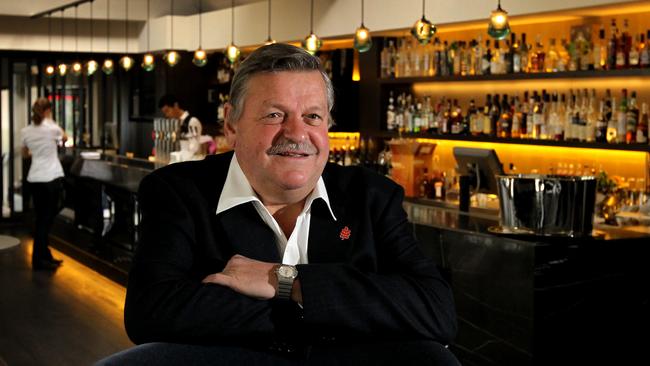
Six million Victorians are looking forward to the eventual opening up of shops, restaurants and other retail outlets, but Chris Morris says state government restrictions mean it isn’t worthwhile to open some of the most famous pubs in the state.
Morris, the founder of the share registry firm Computershare, also owns a string of pubs in Victoria and WA and tourism assets across Queensland, including a casino in Townsville.
The Victorian public have now been told by the state government that it will lift some COVID-19 restrictions and make it possible to visit a pub for a pint and chicken parma from Wednesday, even if there will be limits on how many patrons can be in certain spaces.
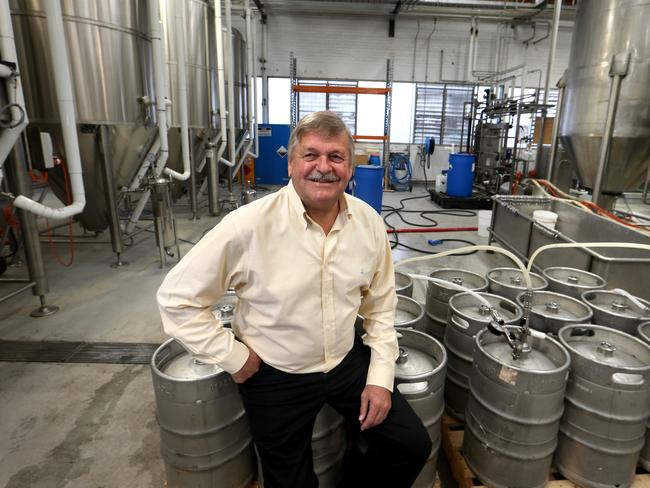
But Morris says it is simply not financially feasible for his Morris Group to quickly fling open the doors of some of his assets.
“Take the Portsea Hotel (on the Mornington Peninsula). We can get 2400 people there inside and outside but with just 70 people allowed (outside) it would be crazy,” he says.
“You can have 20 inside, but at Portsea even with people 4m apart you can still have 400 people. So we would lose so much money if we open up. The 25km limit (on people leaving their homes) stuffs it up a bit too.”
Morris spent about $7m on a facelift for the Portsea Pub about two years ago and has just spent $10m refurbishing the Albert Park Hotel in inner-city Melbourne. But he says that he will not open that just yet either.
“We will (open) the Half Moon (in Brighton) but we won’t for Bimbo Deluxe (on Brunswick Street in Fitzroy). There’s no outdoor space and with just 20 people allowed inside it just isn’t worth it. It is quite sad. The (mooted loosening of restrictions) won’t help too much in Melbourne, at least to start with.”
Morris says he believes there is a general lack of understanding among most politicians regarding operating a business, and that a plan to live with COVID-19 is needed.
“I wish they’d have run a business in their life. You never understand a business and how you do it unless you’ve done it. In a pub, you have to get stock in, get people back, get it really clean. It really is very hard.
“Opening again is certainly what everyone wants. Give us a plan that shows by this date we will do this, by then we will do that. If it all goes crazy again no one is going to blame them if we close again, but if they say we can do this step by step, then let’s have a crack.”
It is a totally different story elsewhere in Australia.
In Western Australia, Morris says his pubs — including Print Hall in Perth’s CBD and Colonial Brewing Co at Margaret River — are operating almost as well as they were before Covid hit in March.
Then there is Queensland, where he owns tourism assets such as The Ville casino and resort in Townsville and luxury Orpheus Island resort just south of Hinchinbrook Island, the Daintree Eco Lodge and also the Nautilus Aviation helicopter business in the state’s north.
Demand for Orpheus’s 28 lodges has been surprisingly strong given the ban on international tourism, Morris says.
“For the next three weeks we’re 100 per cent full and that is amazing. It is all Queenslanders. It has been like there’s no coronavirus up there.
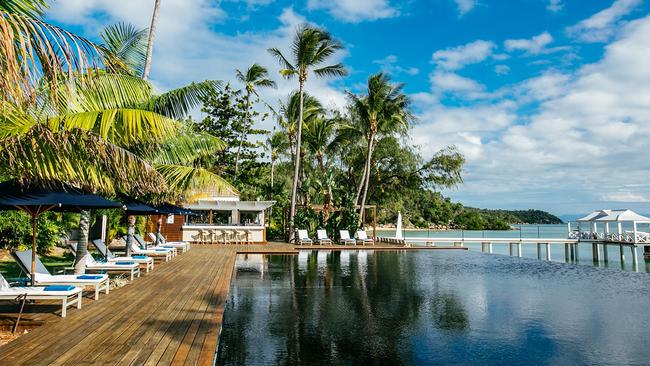
“With the lack of international tourism, we have to get Australian people to understand the brilliant places we have here. Our beaches are the best in the world, for example.”
Morris says the Townsville casino has been performing reasonably well, and that it has always mainly been pitched at locals. Townsville has done pretty well, he says, given it has a lot of army and government jobs in the region.
But he says his helicopter business has been “decimated” because it is dependent on cashed-up Chinese tourists.
“We usually have 53 choppers running, but we’ve only got about 20 now.
“It is expensive to have them just sitting there.”
Then there is Computershare, the business Morris started with sister Penny Maclagan more than 40 years ago and built into a global corporation.
He remains a Computershare non-executive director and major shareholder, and while its shares are up about 30 per cent since the market hit bottom in March, they are down 50 per cent from its February highs.


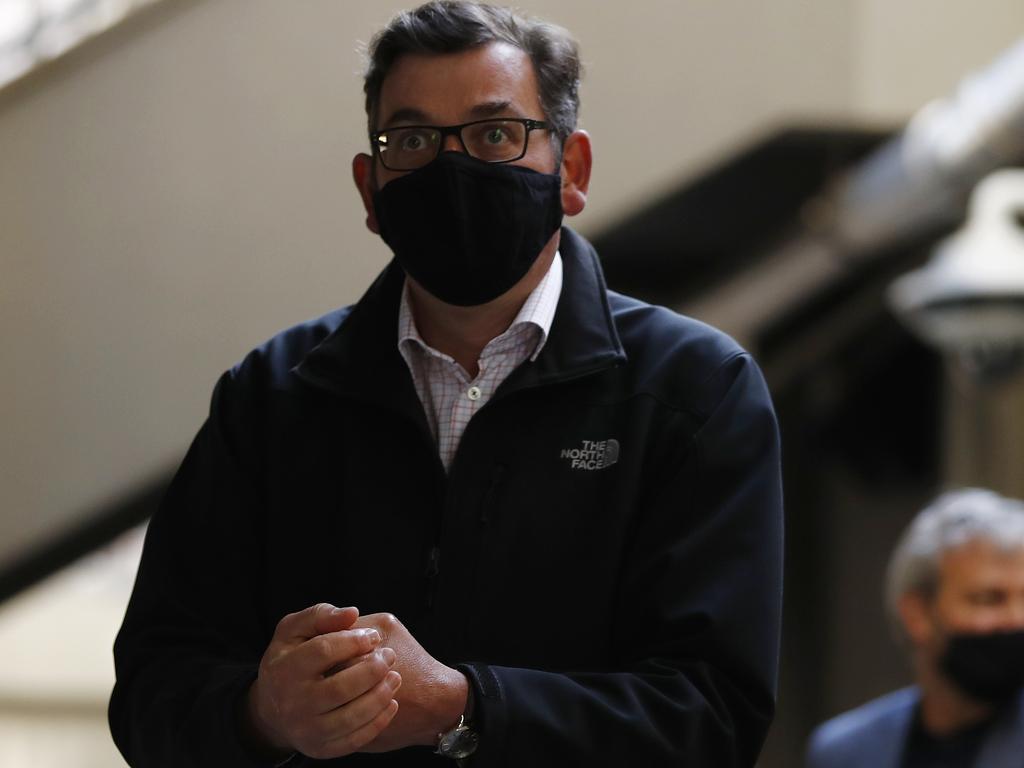
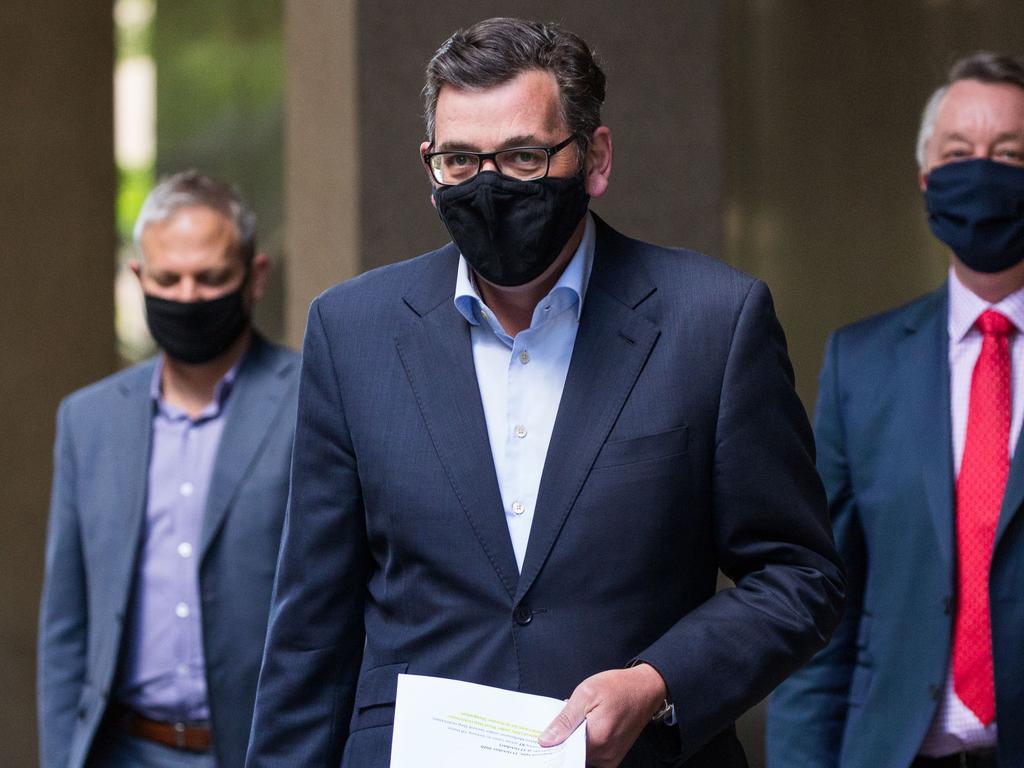
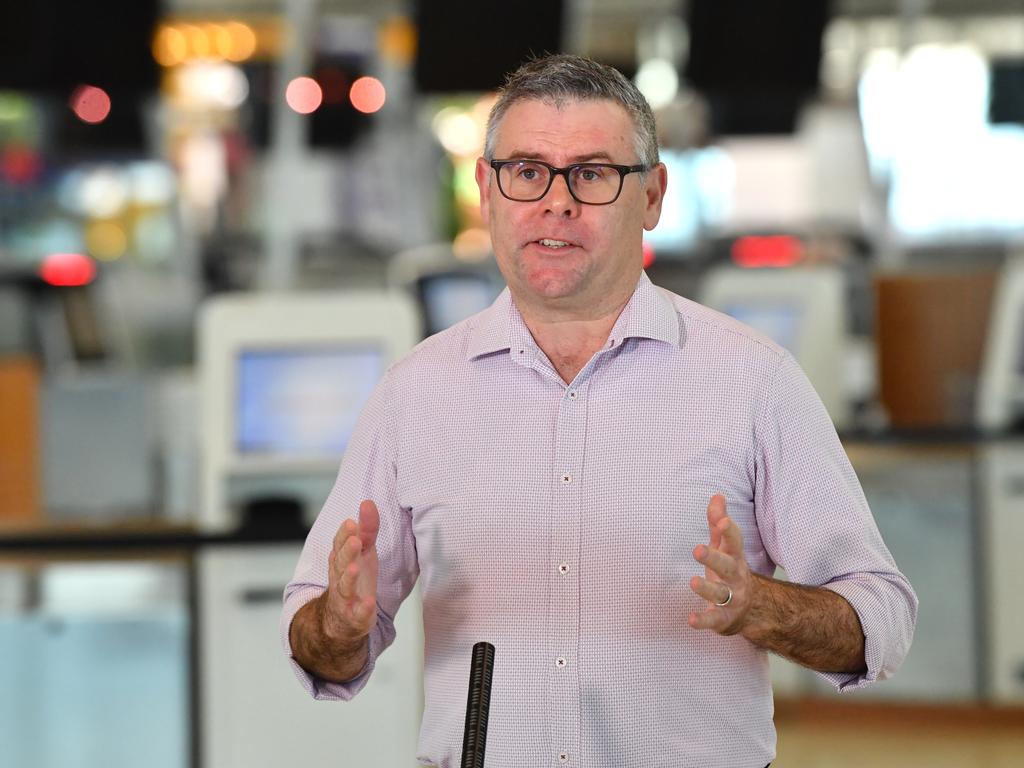
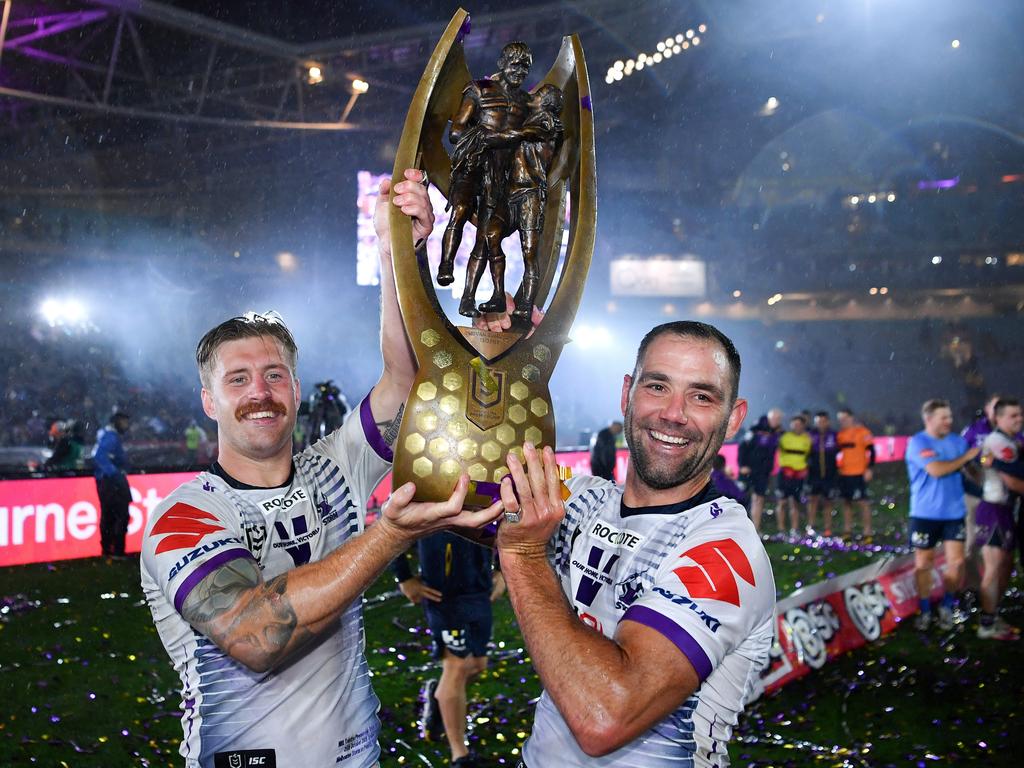
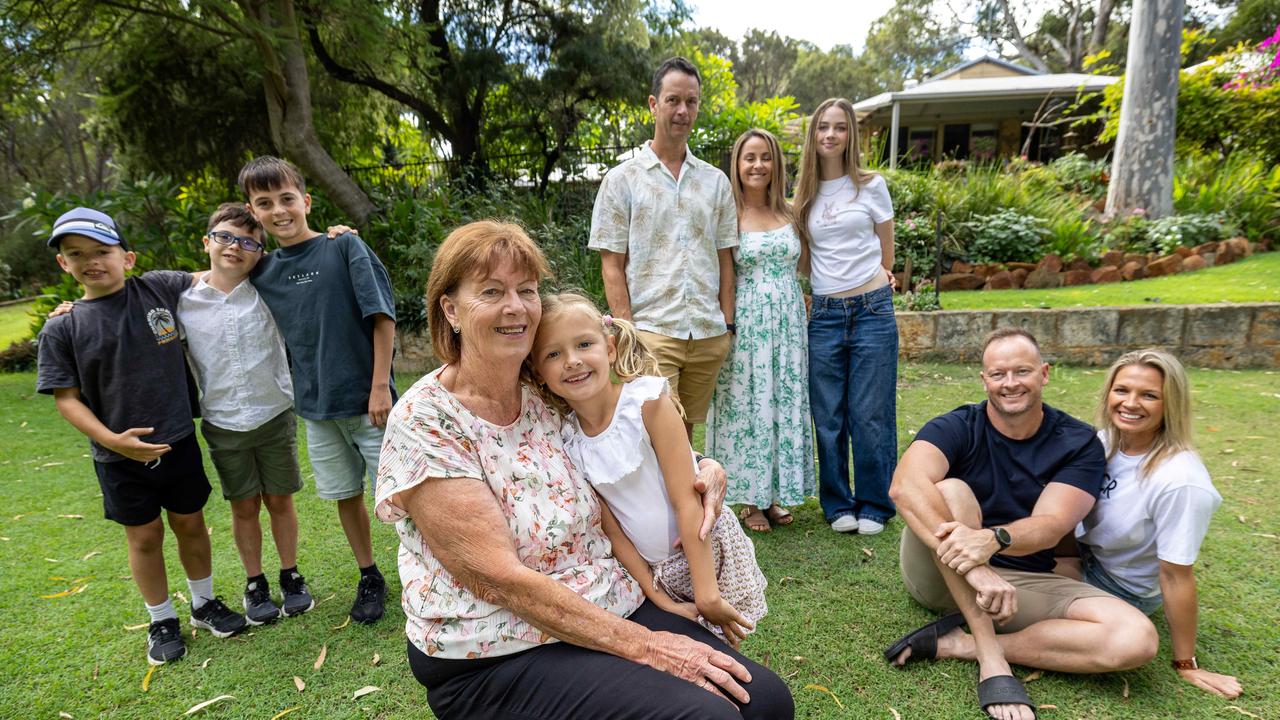
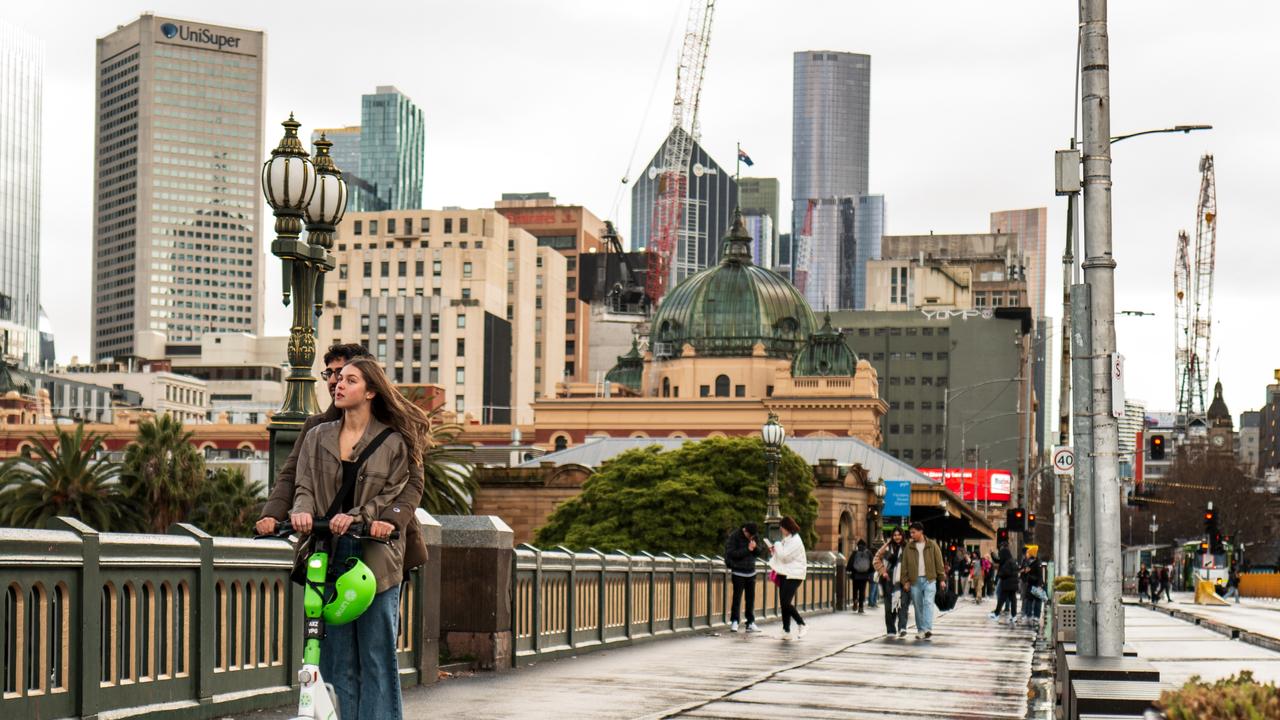
To join the conversation, please log in. Don't have an account? Register
Join the conversation, you are commenting as Logout